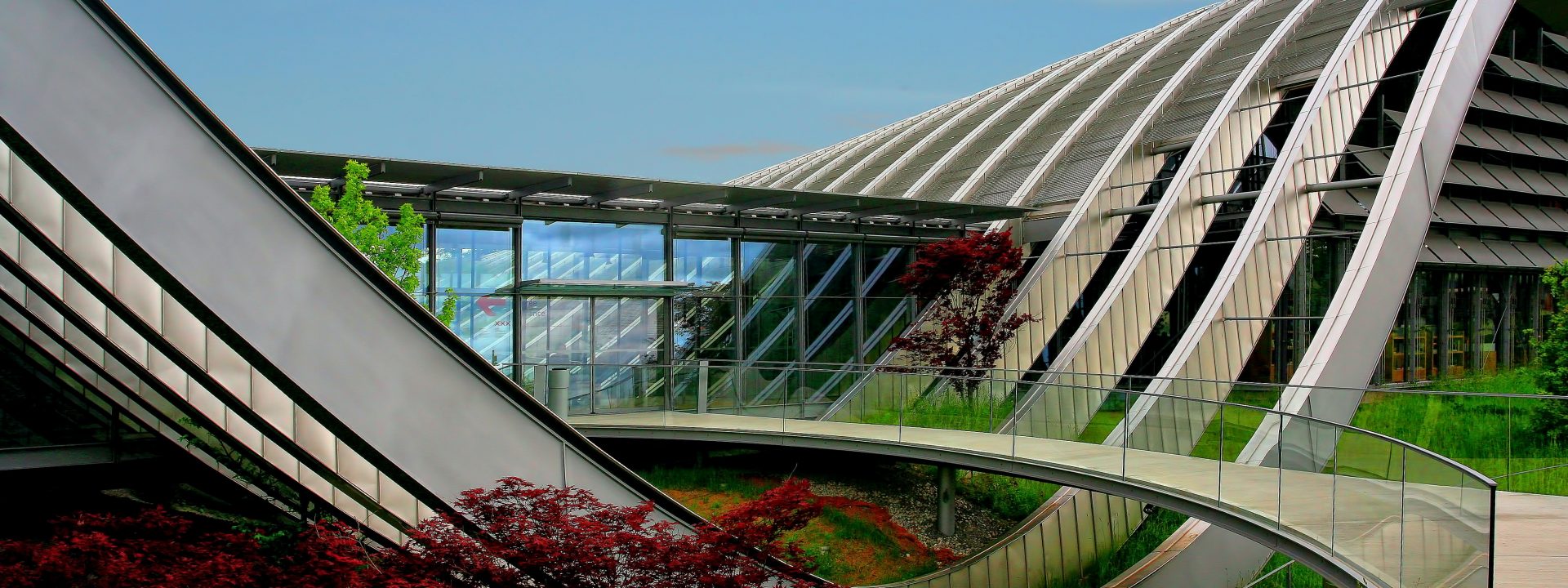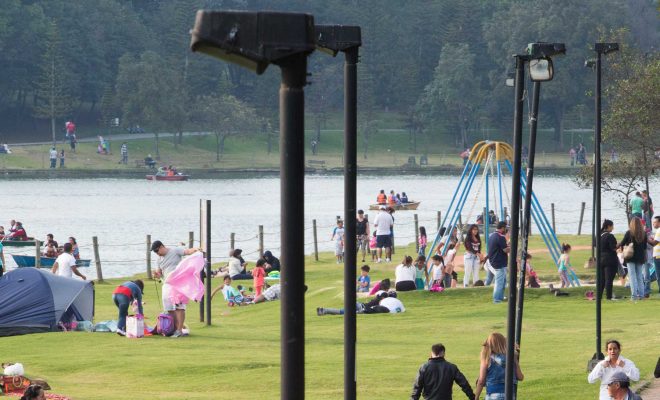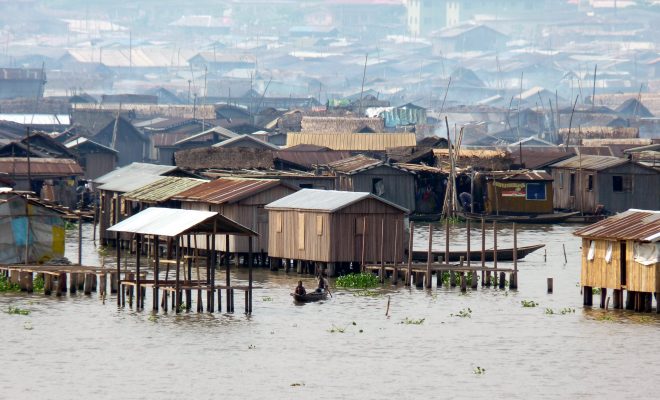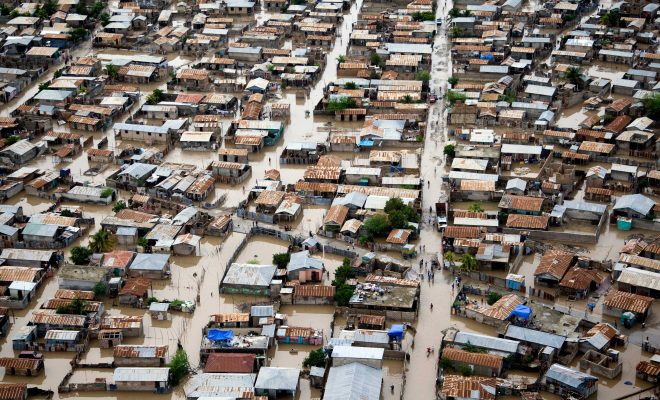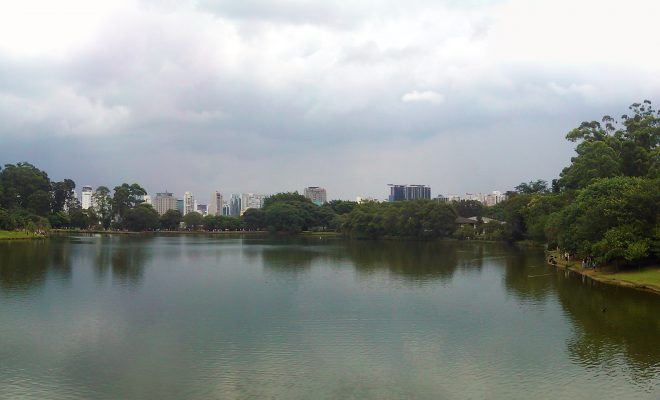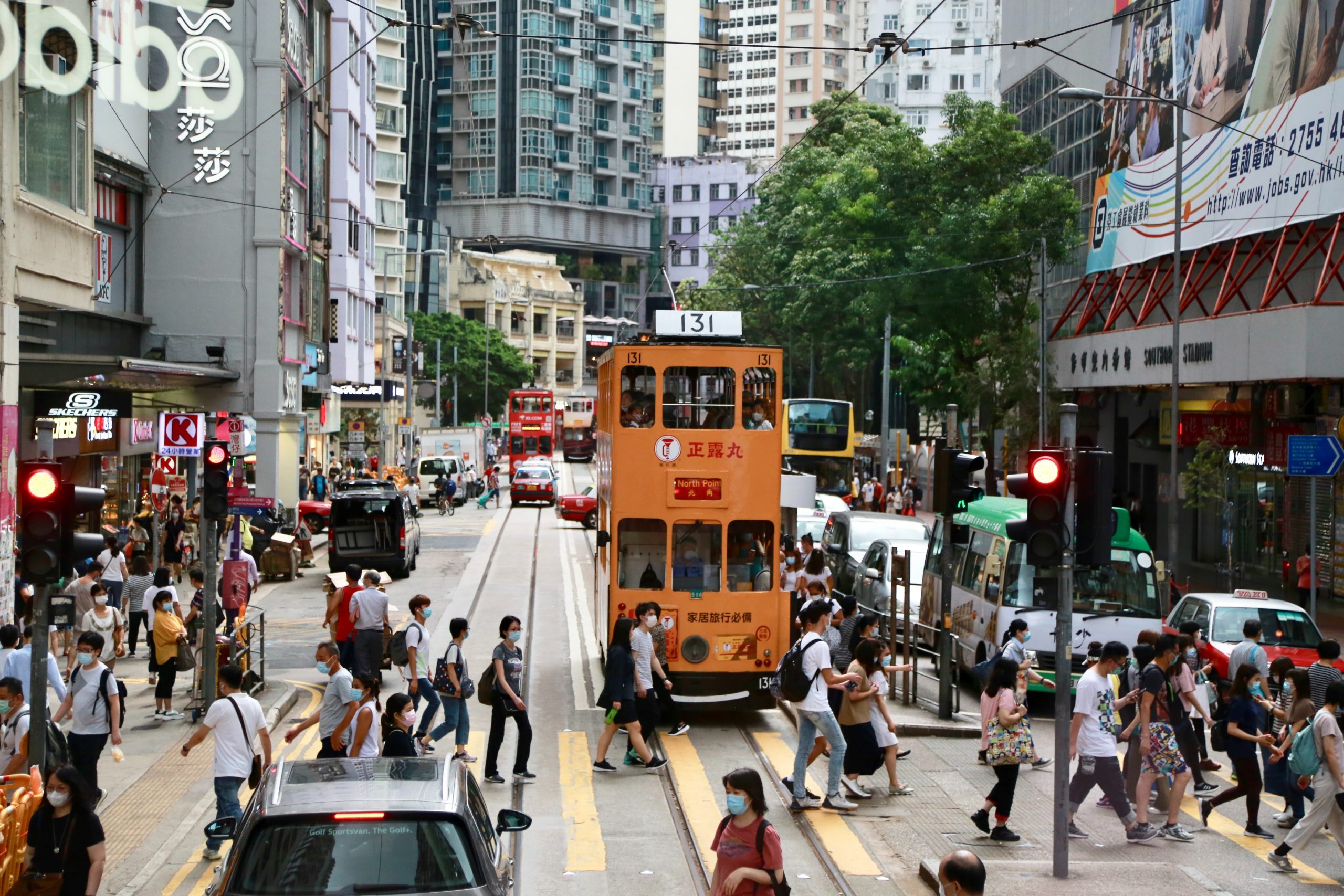
The increase in urban population will therefore enlarge the hydric footprint.© Alison Pang_unsplash
The Covid-19 pandemic has had a worldwide impact on all human activities and all social and economic development processes. Nothing is the same anymore in the way we plan for a future that is as uncertain as ever before. However, we have understood the direct relationship existing between health, the environment and the economy, and how it affects human relations; and we are also aware of the new opportunities that have arisen to develop models and tools with which to advance towards that uncertain future with efficiency and effectiveness.
This is particularly evident in the world of creating and managing living spaces: work environments, housing, meeting, consumer and leisure centers are no longer the same after the pandemic. Their relationship with resource management, pollution and environmental care is now joined by new demands of healthiness in social contact that especially affect the management of water and sanitation, key factors for the future of a humanity with a demographic growth that is already suffering dire climatic changes that can be devastating in the long term.
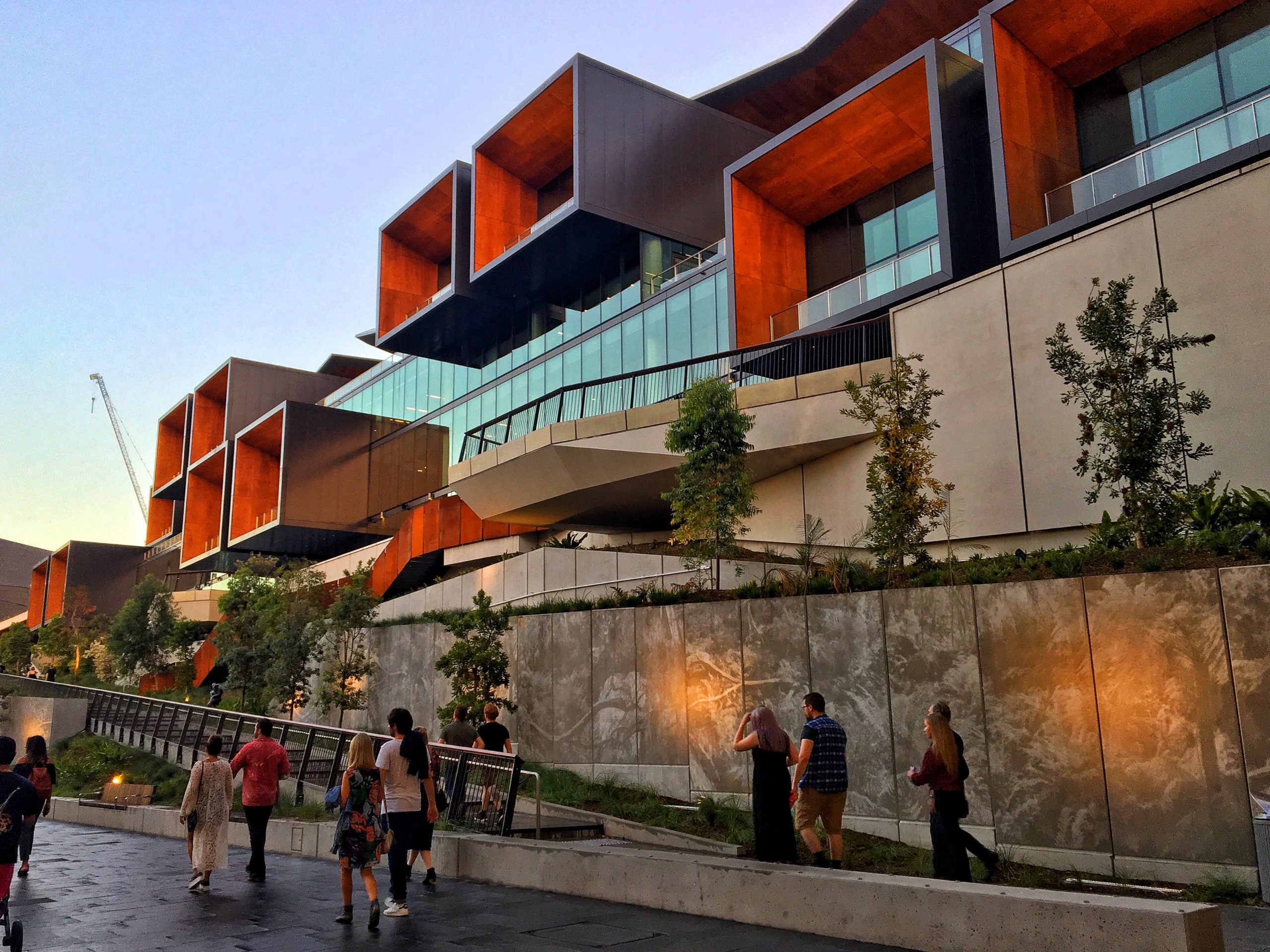
Work environments, housing, meeting, consumer and leisure centers are no longer the same after the pandemic. © Kris Gin_unsplash
Facing SDGs in an urbanized planet
Over the past decades, migratory flows have posed enormous challenges to the universal access to water and energy resources, with special emphasis on sanitation and hygiene, the factors that are more closely related to human and environmental health. These challenges are immense in urban areas.
The World Bank forecasts estimate that by 2050, at least two out of every three people on the planet will live in large cities; and if the current population growth trend continues, there will be 11.2 billion people on Earth at the end of the century, 85-90 % of whom will live in cities. We will be increasingly more people in spaces that are also more urbanized; and these spaces, which currently take up almost 4 % of the planet’s surface, will require more and more energy and water resources and their potential for pollution will increase accordingly.
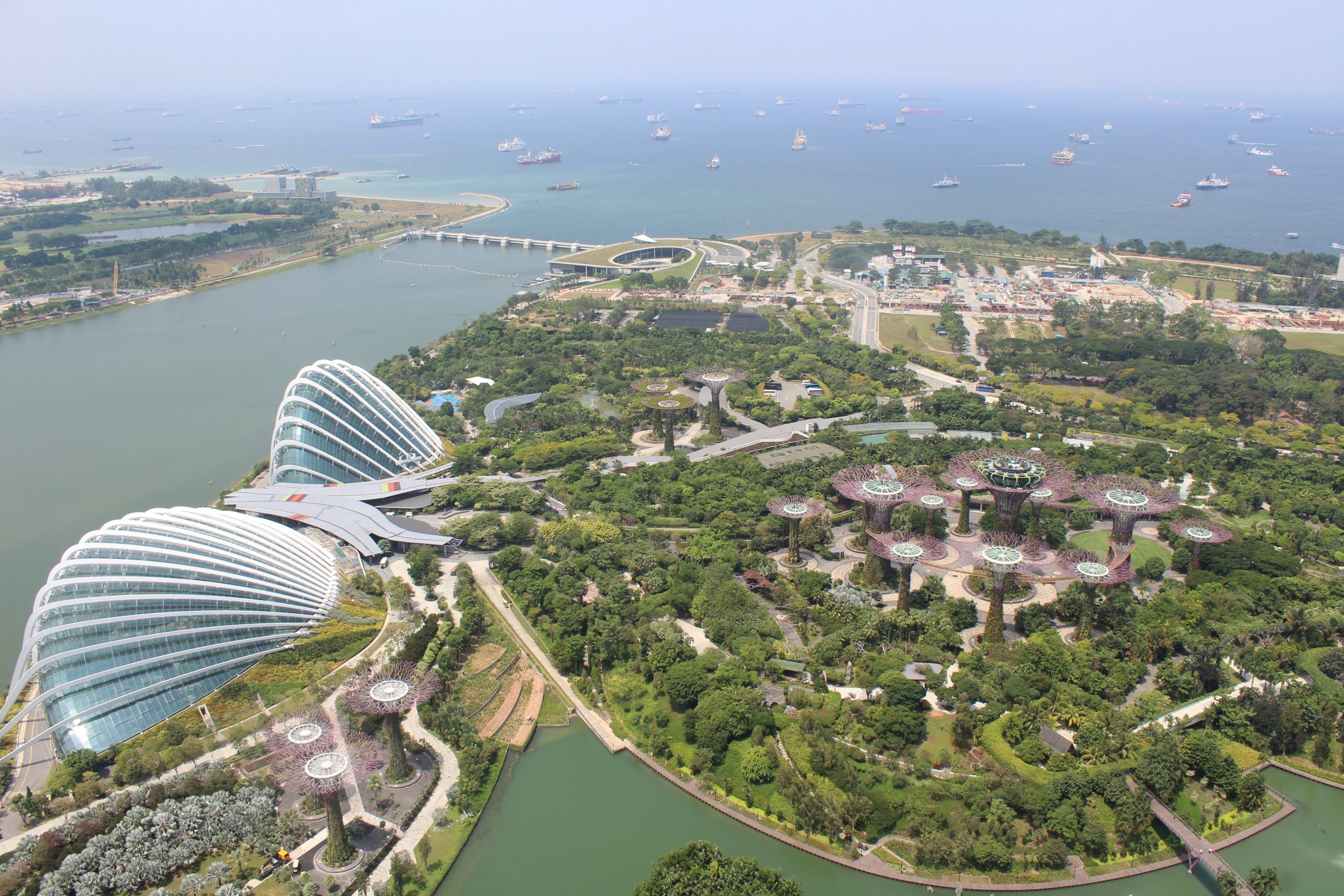
Smart Reaction will help create a new model that will allow us to effectively attain sustainable development.© Rodolfo Cuadros_ unsplash
Currently, cities consume between 60 and 80 % of the energy resources, they emit 70 % of the greenhouse gases and are the main emitter of wastewater. Urbanized areas directly absorb 10 % of the fresh water on Earth, but their inhabitants are the recipients of the vast majority of food, the production of which consumes 70 % of the water. The increase in urban population will therefore enlarge the hydric footprint of the products transported to the different stores and thus the planetary hydric stress will become more pressing.
Smart Water: we must be smarter than ever
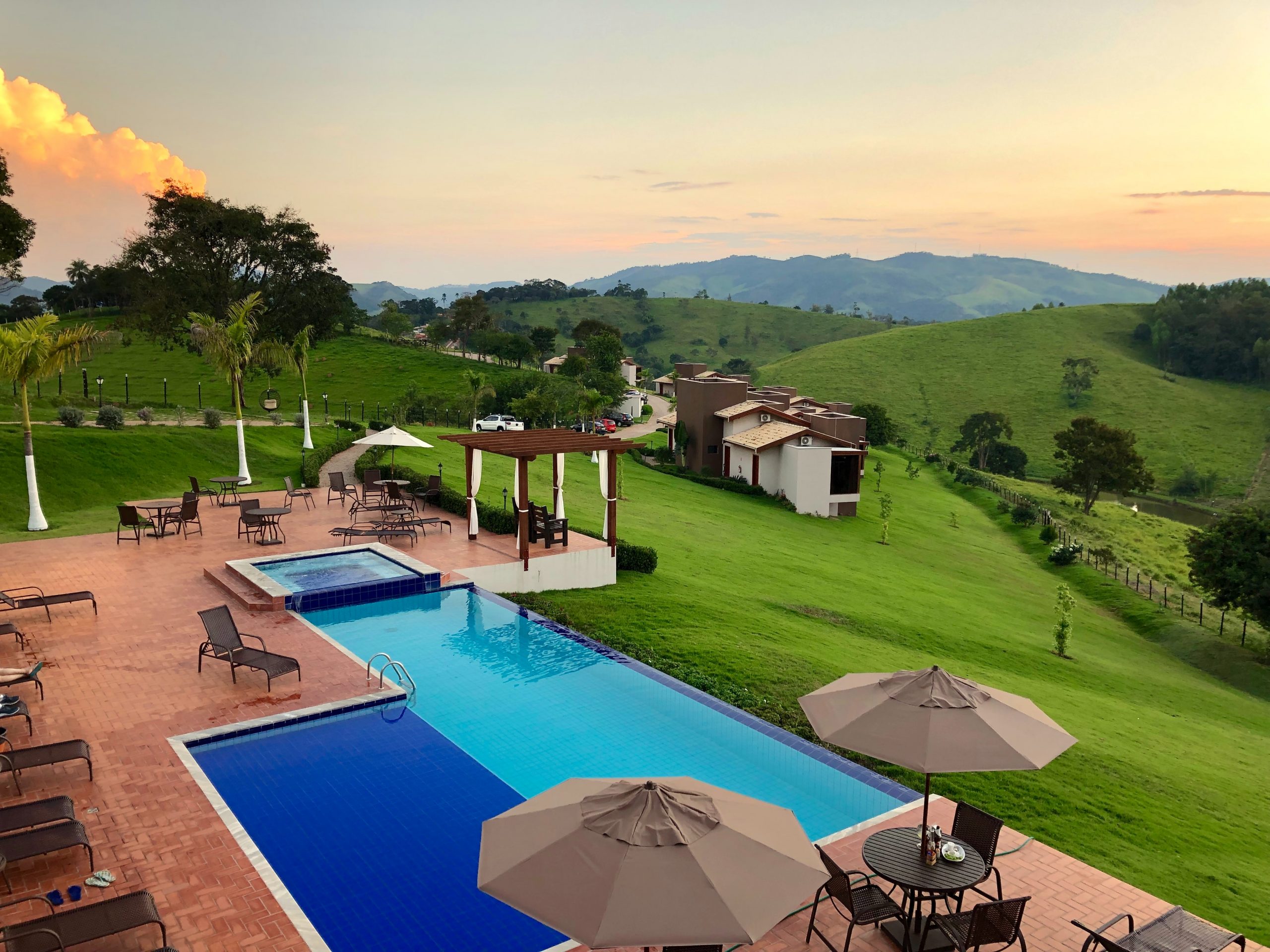
Smart Water:a platform to boost an all-encompassing vision and the development of ideas and initiatives on the sustainable use of water in architecture and design.© Carlos Machado _ unsplash
In 2014 the Foundation created Smart Water, a platform to boost an all-encompassing vision and the development of ideas and initiatives on the sustainable use of water in architecture and design. The initiative was created with special emphasis on water management in cities, a key activity for the future of mankind. The core of the initiative was the Smart Water International Sessions, a series of meetings with the goal of bringing together leading professionals and companies of every industry. Since them, architects, urban planners, designers, engineers and tourist developers have discussed and shared ideas and have driven a debate with the aim of making it transferable to all citizens.
The Smart Water International Sessions held until today have revolved around three topics: Smart Water, Smart Cities,focused on architecture and smart cities, with three meetings held in Mexico City, in 2014, in Barcelona, in 2016 and in Madrid, in 2018; Smart Water, Smart Shopping, focused on retail and mixed-use spaces, with a session in Mexico City in 2017; Smart Water, Smart Destinations, which brought together professionals from the hotel development and tourism industry in Mexico City in 2015; and Smart Water, Smart Building in 2019 also in Mexico City, which addressed the smart construction of buildings and cities from the water’s perspective.
The Smart Water project has created a think tank that has already triggered pioneering projects. One of them is the initiative “Let’s Make A Deal” which aims to involve the entire human and value chain of hotel facilities, both professionals and guests, in the importance of good water use in planetary sustainability and their involvement in good practices that can be transferred to daily life.
“Smart Reaction”. Finding an effective response
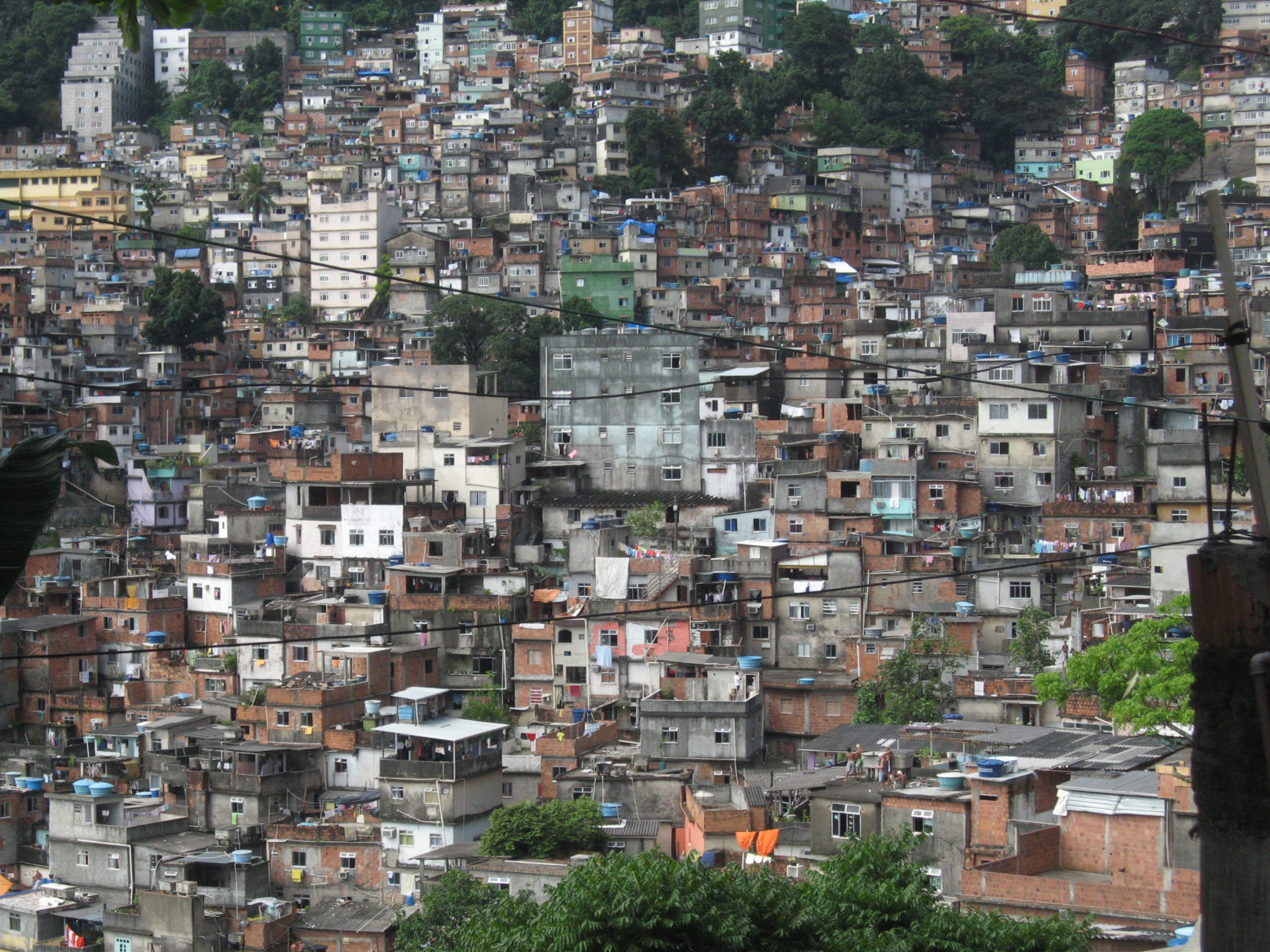
The number of people living in degraded urban neighborhoods without water and sanitation and with deplorable conditions of hygiene and medical care is estimated at 828 million. ©Ben Piven
The Covid-19 pandemic has added an urgency factor to any discussion, but also a qualitative one: the smart world must react effectively and efficiently; it needs to become smarter but also more sensitive to global problems and more aware of the need to move forward together with all levels of society.
Companies, institutions, professionals and governments face a health and economic crisis that has broken out at a time when 2.1 billion people in the world do not have running water in their homes and some 4.247 billion lack safely managed sanitation. Among the latter are those who defecate in the open, a group that reached 695 million people, 8.92 % of the world population in 2017. On the other hand, the number of people living in degraded urban neighborhoods without water and sanitation and with deplorable conditions of hygiene and medical care is estimated at 828 million, and this figure is expected to increase by six million each year.
The problem of access to water in the world will be notably different to the one we know: How different? We still do not know it, but surely it is a factor that will depend on how “smart” urban spaces are, how they are designed, built and managed and to achieve this, the reaction from the world of architecture, urbanism and design also needs to be “smart” and be clearly focused on the attainment of the Sustainable Development Goals (SDGs). This is the objective of the Smart Water, Smart Reaction initiative: to make the most of the lessons of this time of change we are experiencing so as to move forward towards a new model that effectively attains sustainable development.
The progressive environmental deterioration, denialism and the tendency of governments to resolve matters quickly when confronted with the climate crisis, the technological gap and political corruption are obstacles to social progress that need to be removed, but above all, the essential task is to make each and every citizen of the world aware that solutions are possible and must be immediately addressed.
The professional world, brought together by the Smart Water, Smart Reaction initiative, intends to face through water, dialogue and cooperation, the survival and justice challenge humanity has set itself. Evolving from an individual vision to collective intelligence is a way of multiplying the necessary resources to create a fair and resilient society.


